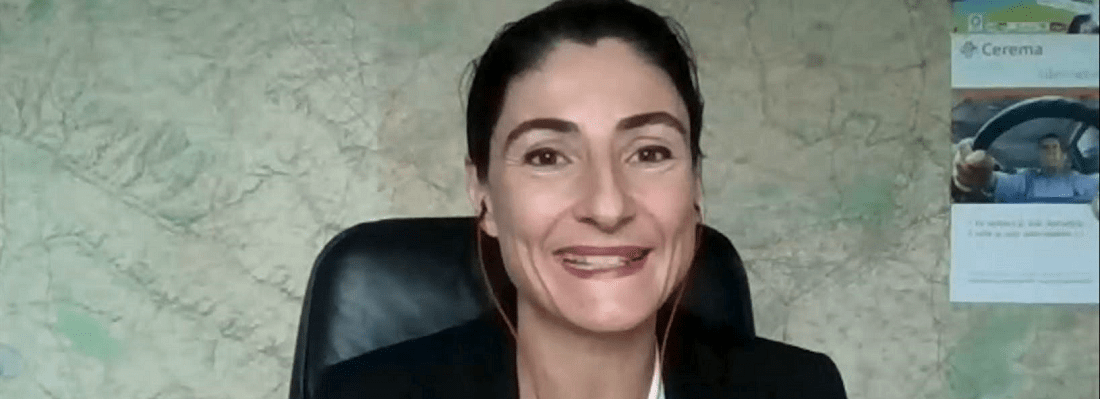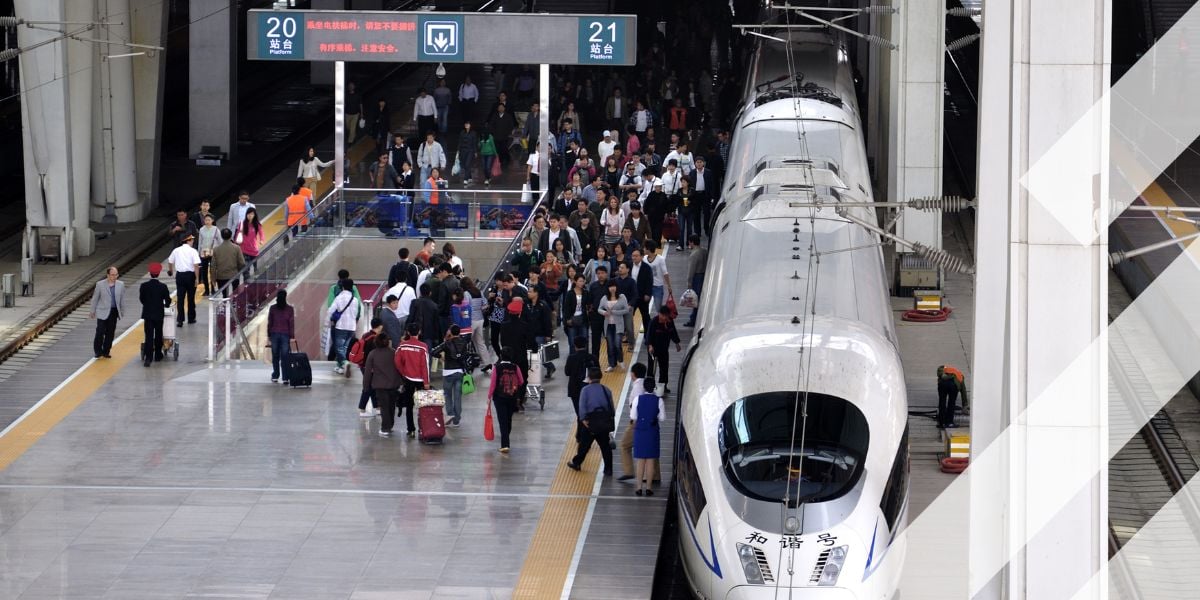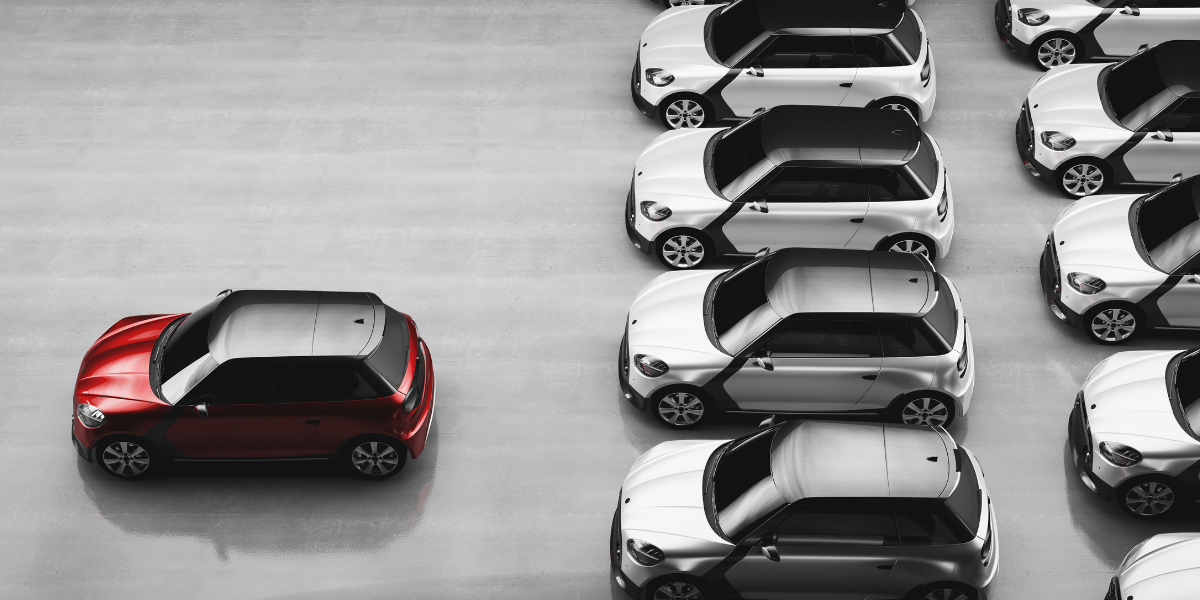Webinar Parking as a seamless travelling experience
‘PHYGITITISING’ THE CUSTOMER EXPERIENCE
Intertraffic’s seventh monthly webinar centred on “Parking As An Integral Part Of The Seamless Travelling Experience” and pondered how many of the temporary parking measures brought in during the Coronavirus pandemic are likely to be permanent fixtures.
Watch the recording
Once again moderated by ITS UK’s Paul Hutton, our panel of experts from Flowbird, Parkmobile and CEREMA were ideally placed to not only review the success of some of the transient schemes but also to use analytical data to predict those that we are likely to see for some time to come.
CEREMA’s study director, Peggy Mertiny, believes that the need to respect physical distancing has changed our relationship with others and also our behaviour in public spaces and that this is one “new normal” that is likely to be part of our lives for some years, and that the use of public transport will continue to be disrupted.
MaaX
“Any measures that have been put in place in favour of bikes and pedestrians will remain in place with more orientation towards ecological awareness,” she says.“To face the second wave of Covid 19 “Coronaspistes” for cycling will be durably extended, and we’ll see the elimination of more on-street parking places to allow physical distancing and many other uses.”
Mertiny is also of the opinion that parking is, or at least should be, an integral part of Mobility as a Service (MaaS) and that the Coronavirus restrictions may have actually propelled the notion of PaaS (Parking as a Service) further than it otherwise might have been.
“MaaS is essentially access to a wide range of services and the integration of a large amount of operators and their services. We have identified over 5000 transport services and 64 MaaS initiatives of which 35 include parking as part of the offering. We’ve seen this in Montpelier with Emma, Saint-Etienne’s Moovizy and Divia in Dijon, for example and we have the MaaX (Mobility as an Experience) experiment in Paris for 2000 beta testers.”
MaaX allows its users to organize their trips in Ile-de-France thanks to the integration of a dozen mobility service providers offering public transport, carpooling, car-sharing, self-service scooters and bicycles, motorbikes and, crucially, parking, etc.
Upcoming webinars
24 NOV Digital infastructure to cater for more data flows
15 DEC The path to autonomous driving
For more information and registration go to www.intertraffic.com/webinars
Thierry Brusseaux, Flowbird’s marketing & alliance manager introduced a new word into the equation: Phygital.
“Faced with the challenges posed by the evolution of urban spaces and their densification, cities must constantly adapt to their citizens ever changing needs,” he says, and the bringing together of the best of both physical and digital solutions is certainly one way to address the issue. Hence phygital, an amalgamation of open payment and account-based digital ticketing, and differentiated tariffs for curbside management, digital tickets, mobile payment and bank card payment.
Brusseaux highlighted the increasing pressure on curbspace in Europe, something that has been brought sharply into focus by the needs of eating and drinking establishments to expand their footprint onto the pavement to comply with Covid-19 occupation restrictions and at the same time having to battle for that space with the increase in e-commerce deliveries and “curb-kissers” such as ride-sharing and e-hailing operators.
“People make discretionary decisions as to where to go and what transport mode to take to get there but services should be pushed towards the user to facilitate the optimum modal shift,” he evinces. And not only that, he says, this should be part and parcel of a Sustainable Urban Mobility Program (or SUMP).
“Parking should be included in the Mobility as a Service thinking. The whole journey from beginning to end should be seamless. Ticketing solutions have to be multimodal and multichannel in order to facilitate modal shift,” he insists.
For Parkmobile managing director Esther van der Meer, a parking barometer is required to leverage the power of parking data.
With the benefit of data from millions of European parking transactions per day, Parkmobile are able to share insights about mobility and economic activity.“Parking data serves as a strong indicator for the effectiveness of government measures and the recovery of mobility. For example in the Netherland ‘staycations’ in July and August had a positive effect on parking transactions. The use of data is more important than ever for the industry.”
Van der Meer explained that her company are on a mission to extend the parking customer journey and services for their users and to make parking a less stressful experience.
“We further enable and encourage safe, touchless parking and payment services across markets such as Find & Park and Reservations & Bookings. I firmly believe that these initiatives will remain as permanent measures but all of these initiatives can be further optimised. For example we have co-created smart city parking dashboarding both with and for cities.
“We all drive for the same reason but if you like we’re approaching the same target from different angles. A single-platform solution is the goal.”
“We need to consider the end user as an integral part of the digital journey. If we do that then we can accelerate! We need to collaborate in a competitive environment but customers are absolutely central to any solution.”
Share your story
Do you have an innovation, research results or an other interesting topic you would like to share with the professionals in the infrastructure, traffic management, safety, smart mobility and parking industry? The Intertraffic website and social media channels are a great platform to showcase your stories!
Please contact our Sr Brand Marketing Manager Carola Jansen-Young.
Are you an Intertraffic exhibitor?
Make sure you add your latest press releases to your Company Profile in the Exhibitor Portal for free exposure.





